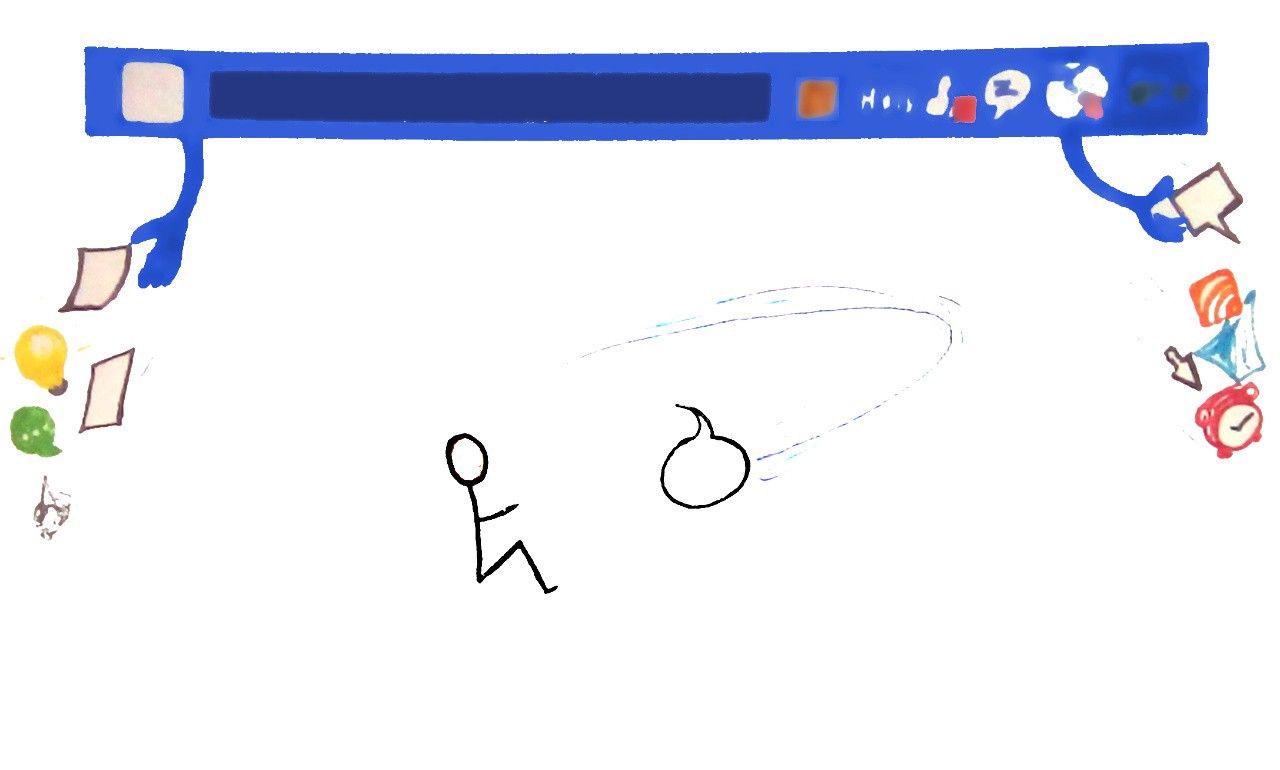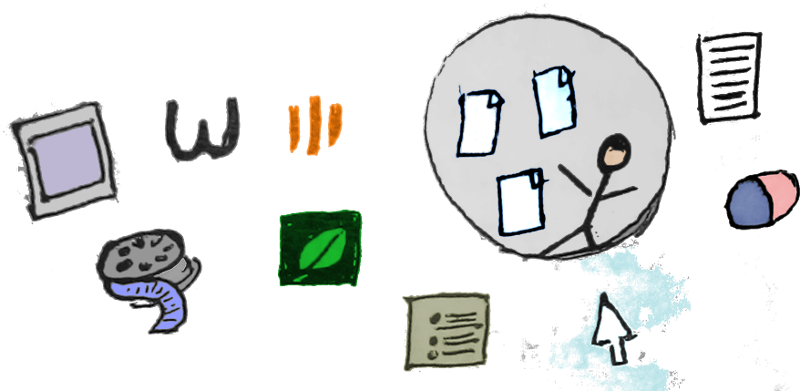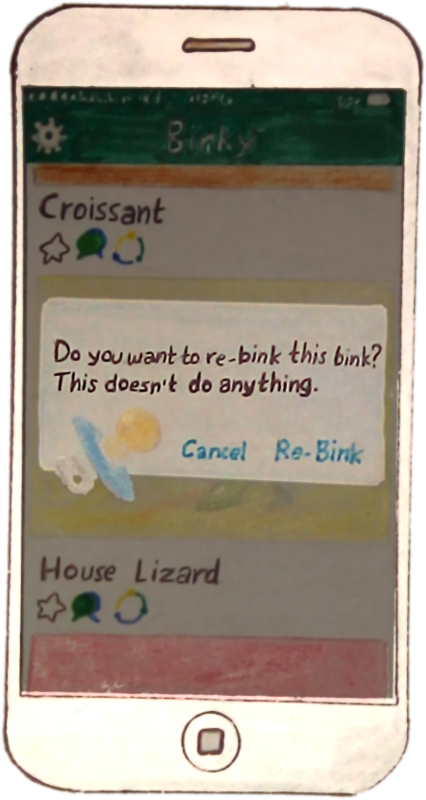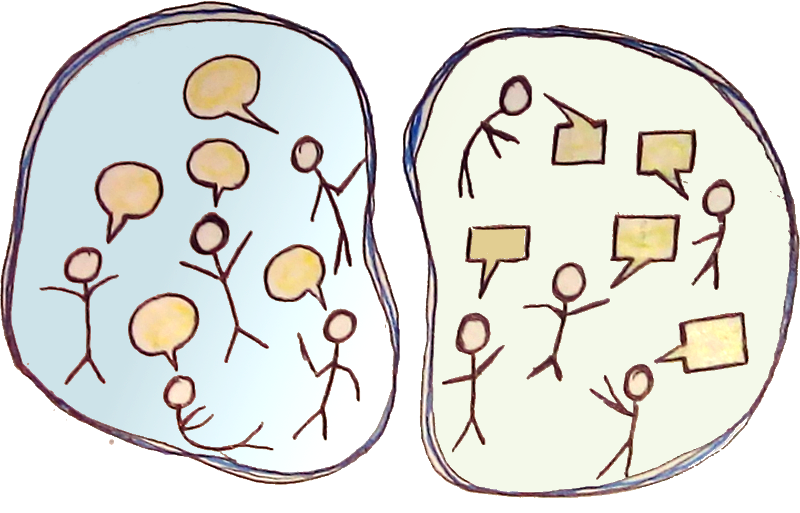Filter Bubbles and Echo Chambers
Is social media usage causing you to listen to yourself?

Is social media usage causing you to listen to yourself?
A few years ago, in 2015, a new study came out about the Search Bubble. That’s the bubble of thought you get trapped in when you use too much personalised search.
It happens when search-engine like Google sorts out the results based on what you’ve read before. The aim is to make the results more relevant for you — but it also means you end up reading only the kinds of stuff you’ve read before, and no new perspective.

Now, that Search Bubble has evolved into the Echo Chambers and Filter Bubbles of the social networking world.
The earliest social networks — at least as we recognise them — started in the early 2000s. Friendster let people create accounts and connect with other users, to share messages and files and discover new friends. Similar websites existed before that, but Friendster was the one which really took off.
A few years later, in came Facebook, with a slightly different idea. Instead of meeting new people, Facebook’s purpose was to connect with old friends. Friends whom you already knew, but had lost touch with over time. In fact, the name ‘Facebook’ comes from the term ‘face book’: a directory used in some American universities with a list of students and their photos.
Social networks like Facebook originally started as a way to keep in touch with friends. But nowadays, people try to use them to keep in touch with friends, enemies, and the rest of the world. Over time, it has morphed from sending personal updates to sharing links, videos, and any other thing that people find interesting.
With the smartphone boom of the 2010s, social networking has become even more mindless. People just keep scrolling down their feed, occasionally leaving posts or ‘liking’ comments when they feel like it.
It seems that many people don’t use social networks for a reason; they just do it to keep their hands occupied. The almost-social app Binky was created with just that kind of usage in mind. In Binky, you get posts, called “binks”, which you can like, dislike, or leave comments on. But there’s a catch: nobody puts that content there. It’s all auto-generated.
All the posts in Binky are randomly generated. Liking or disliking a post doesn’t actually do anything, it just feels like something’s being done. And even the comments are auto-generated. When you start typing, it doesn’t actually type what you say, but adds auto-generated sentences instead.

Binky provides modern social-networking boiled down to its essence: swipes, posts and notifications without all that irritating “social” stuff.
Unfortunately, using most other social networks actually does something: it slowly but surely changes the way you think. Many people use social media as their main news source. That would be a good thing, if they really let you see the perspectives of all kinds of people from across the world. But they don’t.
Social algorithms are designed to show you things that you like. That means, if you read certain kinds of posts and websites a lot, the algorithms will begin to show you even more of that kind of post.
You get stuck in a “Filter Bubble”, which gives you only the stuff you already know and filters out the rest. If there’s some debate going on, you’ll only get the perspectives and opinions that you already agree with.
And you won’t even realise there’s something amiss. The algorithms also work to connect you better with people whom you agree with. This adda of like-minded people is what is known as an “Echo Chamber”.
Everyone in an Echo Chamber will have similar views. Everyone there will be echoing each others’ thoughts. And, because you rarely see posts from outside the Chamber, you’ll think that almost everyone in the world thinks the same way.
There won’t be any question of listening to the other side, because you won’t even be aware that there is an other side.

Modern social media usage doesn’t give you perspectives of all kinds of people from across the world. It gives you the perspectives of only one kind of person from across the world.
In most arguments, both sides have some valid points. The only reason it remains an argument is that people don’t understand or listen to what the other side has to say. The only thing that can make it worse is to be unaware the other side even exists.
Does this mean you should stop using social networks? Not necessarily. But maybe you could cut down and start using them for what they were originally meant for!